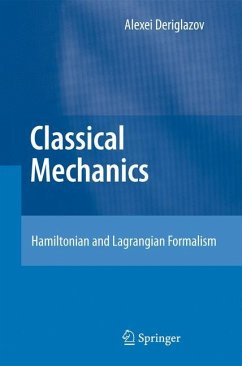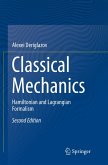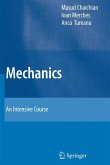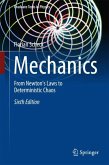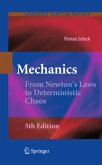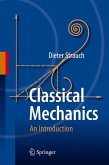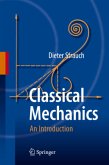Hamiltonian formalism of classical mechanics is the basis of a few powerful mathematical methods, widely used in theoretical and mathematical physics. In this book we have collected the basic facts of the Hamiltonian mechanics as well as the related topics: canonical transformations, integral invariants, potential motion in geometric setting, symmetries and the Noether theorem. Only the elementary mathematical methods are used in the exposition of the material. The only prerequisites are linear algebra, multivariable calculus and some familiarity with the Lagrangian formulation of classical mechanics. Other mathematical constructions involved are explicitly described and explained, so the book can be a good starting point for the undergraduate student new to this field. At the same time we have tried, where possible, to replace the intuitive motivations by explicit proofs and direct computations, preserving the level of rigor that makes the book useful for the graduate students intended to work in one of the branches of a vast field of theoretical physics.
From the reviews:
"The aim of the author of this interesting book is to present the main ideas of Hamiltonian mechanics and allied topics, by using just elementary mathematical methods. ... To illustrate how classical mechanics formalism works in other branches of theoretical physics, examples related to electrodynamics, as well as to relativistic and quantum mechanics, are included. This handbook is well addressed to undergraduate students in physics." (Franco Cardin, Zentralblatt MATH, Vol. 1206, 2011)
"The aim of the author of this interesting book is to present the main ideas of Hamiltonian mechanics and allied topics, by using just elementary mathematical methods. ... To illustrate how classical mechanics formalism works in other branches of theoretical physics, examples related to electrodynamics, as well as to relativistic and quantum mechanics, are included. This handbook is well addressed to undergraduate students in physics." (Franco Cardin, Zentralblatt MATH, Vol. 1206, 2011)

